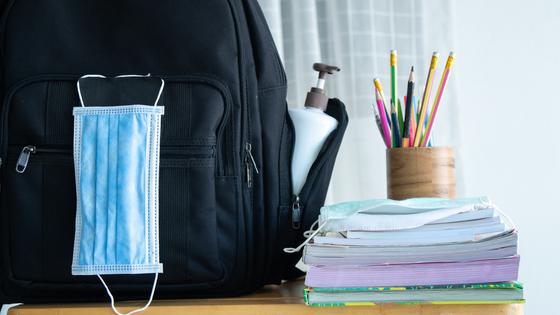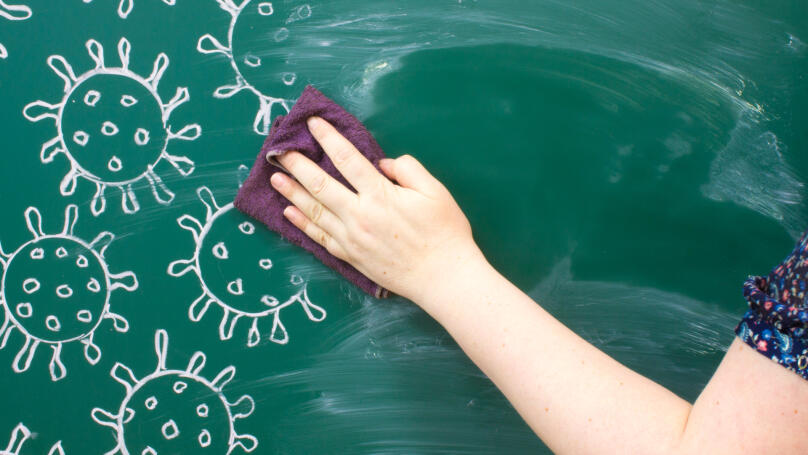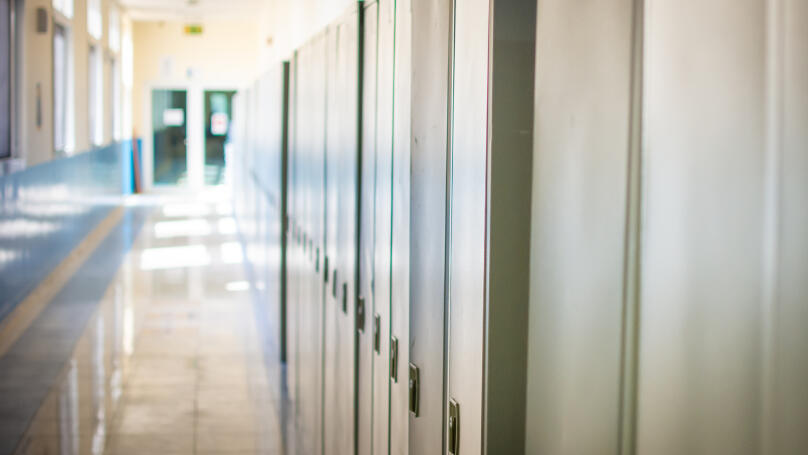Covid19 classes: how lessons are taught in Europe during the pandemic
The coronavirus pandemic is still not over, but that hasn’t stopped many students from Europe from returning to school at the beginning of September.

During the spring lockdown, parents realised that no matter how well thought out online learning is, it can't wholly replace classic school attendance.
During the pandemic, PPE (Personal Protective Equipment) such as face masks, gloves, thermometers, and antibacterial sprays and washes are used to minimise the risk of infection. However, the youngest children are allowed to attend school without a mask.
Moreover, acting on expert advice, many schools are limiting contacts and movement between classes, and rather than moving between classrooms, they stick to one.
Furthermore, with the government's second lockdown in England, it is now obligatory for all pupils and teachers in English Secondary schools to wear face masks to help slow the spread of coronavirus.
Additionally, protection from the virus in all regions of the UK is not limited to masks alone. The Department of Education requires schools to carry out constant disinfection, as well as limit the number of students in large halls.

Estonia: make your own decisions
Estonia has long been famous for its out of left field approach to training programmes, and, as it turns out, to the fight against Covid19 too.
The Ministry of education has given free rein to all schools in the country. Educational institutions are allowed to choose their own set of necessary protective measures.
Since September this year, Estonian schools have been operating normally on a full-time basis. Online lessons will only be available in the event of an acute disease outbreak.
Germany: opened, then closed
In Germany, the school year began as usual in August. Students were asked to attend classes in masks, but unfortunately, due to the growing number of infected people, schools were again locked down a few weeks later.
There are different recommendations for educational institutions to protect against Covid19. For the most part, schools themselves decide which ones to follow and which ones not.
In general, the rules are standard - disinfection, masks, and a reduction in class sizes.

France: wash your hands ten times a day
In France, the number of infected people is increasing exponentially by the day. Resultingly, strict measures have come into force in educational institutions. In schools and universities, all students across the board - from primary to secondary to colleges and universities - must wear face masks.
Students and teachers are required to wash their hands at least several times a day and to disinfect them regularly. Additionally, the recommendation is that you only sneeze into disposable wipes.
It is forbidden to shake hands when meeting. Social distancing rules also require you need to keep apart from others by a distance of at least one metre.












 Test: How Psychologically Mature Are You? Check Your Inner Foundation.
Test: How Psychologically Mature Are You? Check Your Inner Foundation.
 Test. Check Your Social Media Dependency Level!
Test. Check Your Social Media Dependency Level!
 Test: What Business is Right For You?
Test: What Business is Right For You?
 Test: How Prone Are You to Abusive Behavior as a Manager?
Test: How Prone Are You to Abusive Behavior as a Manager?
 Test. What superpower would you possess if you were a superhero?
Test. What superpower would you possess if you were a superhero?
 Test. What Should You Let Go of Before Winter Ends?
Test. What Should You Let Go of Before Winter Ends?
